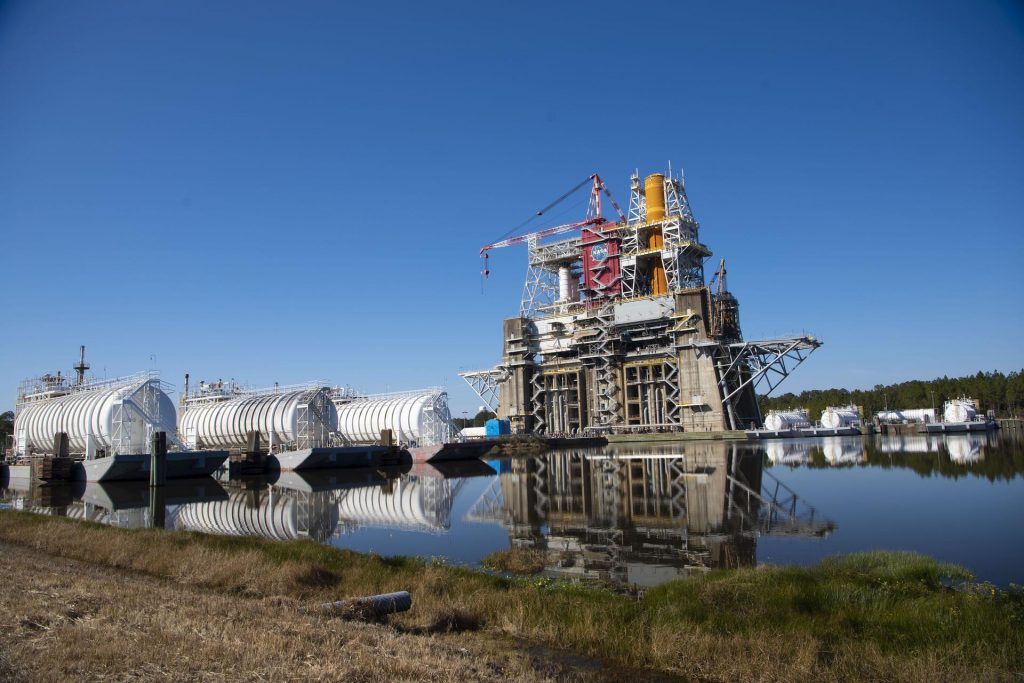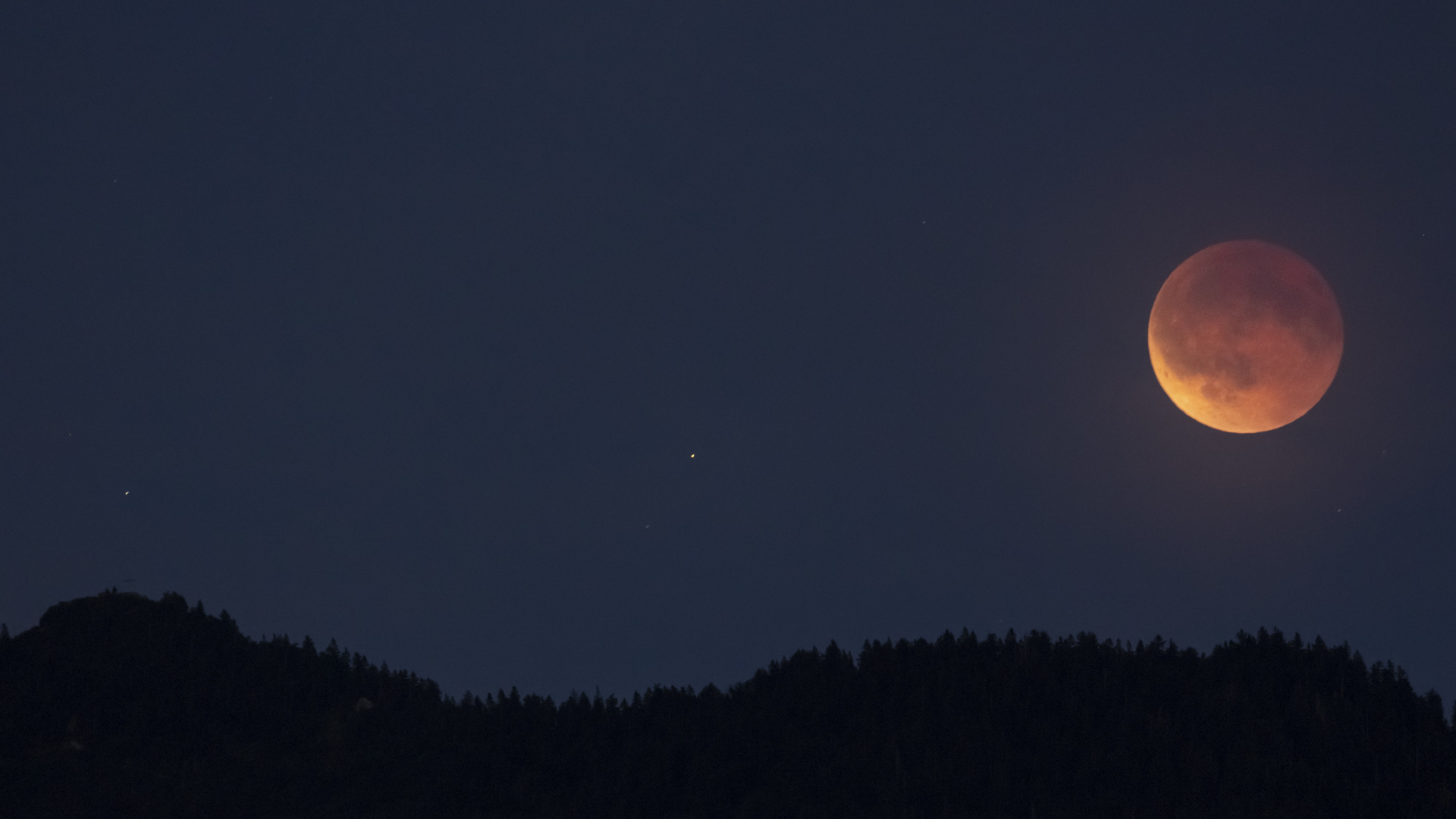NASA targets March 18 for a critical engine test of its Space Launch System moon rocket

Breaking space news, the latest updates on rocket launches, skywatching events and more!
You are now subscribed
Your newsletter sign-up was successful
Want to add more newsletters?

Delivered daily
Daily Newsletter
Breaking space news, the latest updates on rocket launches, skywatching events and more!

Once a month
Watch This Space
Sign up to our monthly entertainment newsletter to keep up with all our coverage of the latest sci-fi and space movies, tv shows, games and books.

Once a week
Night Sky This Week
Discover this week's must-see night sky events, moon phases, and stunning astrophotos. Sign up for our skywatching newsletter and explore the universe with us!

Twice a month
Strange New Words
Space.com's Sci-Fi Reader's Club. Read a sci-fi short story every month and join a virtual community of fellow science fiction fans!
NASA's first Space Launch System megarocket will fire up its main engines in a critical test next week to prove it's ready for a trip to the moon later this year.
The engine test, the final hurdle of NASA's extensive "green run" for the Space Launch System (SLS) core booster, is scheduled for March 18 at the agency's Stennis Space Center in Mississippi. If all goes well, the booster will then be shipped to NASA's Kennedy Space Center in Florida for the launch of Artemis 1, an uncrewed mission around the moon that is currently slated to fly in November.
"This hot fire is the last test before the Artemis I core stage is shipped to the agency’s Kennedy Space Center for assembly and integration with the rest of the rocket’s major elements and the Orion spacecraft," NASA officials said in a statement on Wednesday (March 10).
Video: How NASA's SLS megarocket engine test works
During the upcoming hot fire test, the SLS core booster will fire its four RS-25 rocket engines for up to eight minutes to simulate an actual Artemis launch of an Orion spacecraft. NASA first attempted the hot fire test on Jan. 16, but it shut down earlier than planned.
NASA had hoped to perform a second hot fire test of the SLS booster in February, but ran into more delays due to valve concerns. SLS engineers spent recent weeks repairing and testing a liquid oxygen pre-valve on the rocket, setting the stage for the March 18 engine test.
This week, SLS engineers were expected to power up the core booster for final systems check. On Tuesday (March 16), the rocket will be powered up for the actual hot fire, kicking off a two-day countdown for the engine test.
Breaking space news, the latest updates on rocket launches, skywatching events and more!
NASA's SLS rocket is designed to be the go-to booster for the agency's Artemis program, which aims to launch astronauts back to the moon by 2024. It consists of a core booster, two strap-on solid rocket boosters and an upper stage to launch an Orion spacecraft toward the moon.
Email Tariq Malik at tmalik@space.com or follow him @tariqjmalik. Follow us @Spacedotcom, Facebook and Instagram.

Elizabeth Howell (she/her), Ph.D., was a staff writer in the spaceflight channel between 2022 and 2024 specializing in Canadian space news. She was contributing writer for Space.com for 10 years from 2012 to 2024. Elizabeth's reporting includes multiple exclusives with the White House, leading world coverage about a lost-and-found space tomato on the International Space Station, witnessing five human spaceflight launches on two continents, flying parabolic, working inside a spacesuit, and participating in a simulated Mars mission. Her latest book, "Why Am I Taller?" (ECW Press, 2022) is co-written with astronaut Dave Williams.
